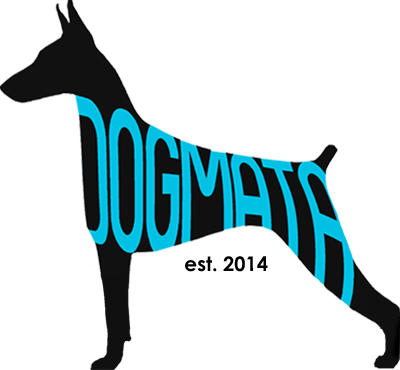OUR DOG [TRAINING] PHILOSOPHY
We don’t train dogs, we train their humans.
Dogs are the most misunderstood animals on the planet.
Most dog owners—whether first-timers or lifelong dog lovers—bring a dog into their home guided by emotion, not by a full understanding of breed history, canine behavior, body language, psychology, or physiology.
Wolves and dogs share 99.9% of their DNA. That remaining 0.1% accounts only for physical traits—like floppy ears, curly tails, or wire coats. Beneath those surface differences, dogs retain the same family structure, instincts, behavior patterns, and communication style as their wolf ancestors. Like any animal group—be it a herd, pod, team, or pack—dogs rely on a clear structure of leaders and followers. When humans fail to consistently step into the leadership role, dogs instinctively take over. The result? Unwanted behaviors.
Most people bring dogs home with the best of intentions. But good intentions, without the right understanding, often lead to giving dogs the opposite of what they truly need: human leadership.
Today’s owners are encouraged to spend hundreds of dollars on “indestructible” toys, trendy collars, boutique treats, unnecessary vet plans, and more—all in the name of love. But love without trust and respect cannot grow. And leadership is the foundation of both.
Dogs are always learning. Every moment, every experience, every interaction is a training opportunity. To create a balanced relationship with your dog, you need both leadership and consistency. When all affection is earned, you become your dog’s greatest reward. When your presence and partnership are more valuable than toys or treats, there's no need for bargaining—or for corrective tools like e-collars and prong collars.
When owners give affection freely, correct or praise at the wrong time, neglect proper physical and mental stimulation, or treat dogs like humans, they unintentionally reinforce the very behaviors they want to eliminate. Common issues—destructive chewing, separation anxiety, leash pulling, excessive barking, reactivity, obsessive crittering, zoomies, and more—are not “just how dogs are.” They are not personality quirks or breed traits. They are symptoms of boredom and unmet needs, rooted in a lack of consistent, structured human leadership.
That’s why our approach is not a “training method”—it’s a lifestyle.
We are here to teach you how to be more dog rather than teach your dog how to be more human.

